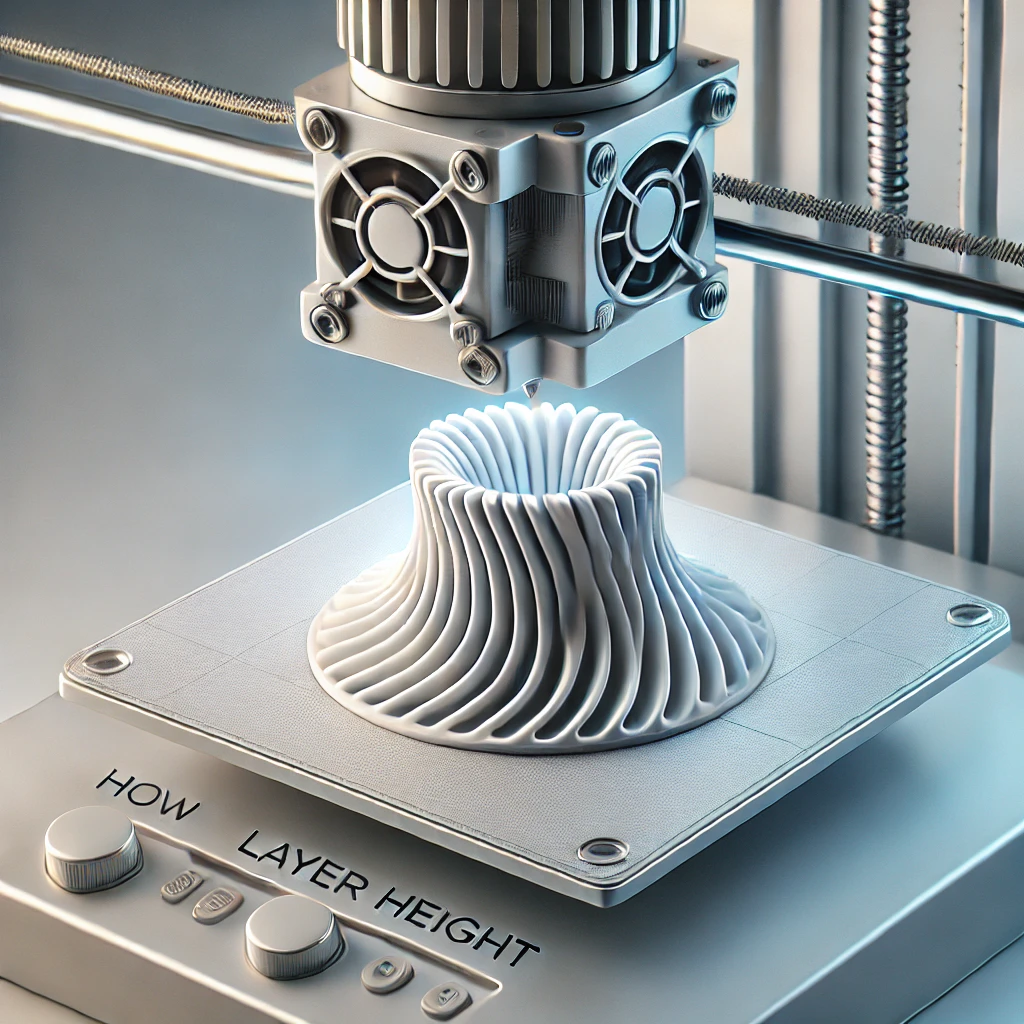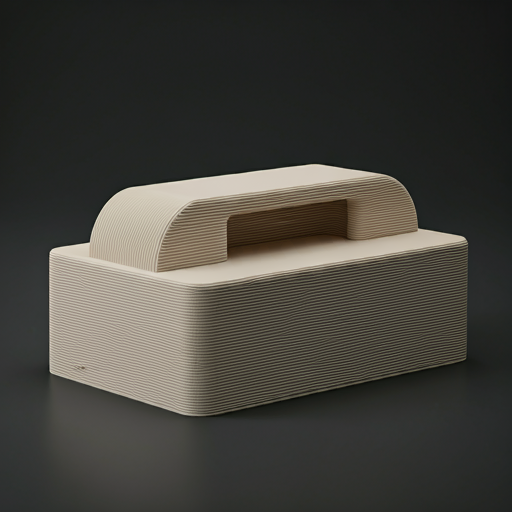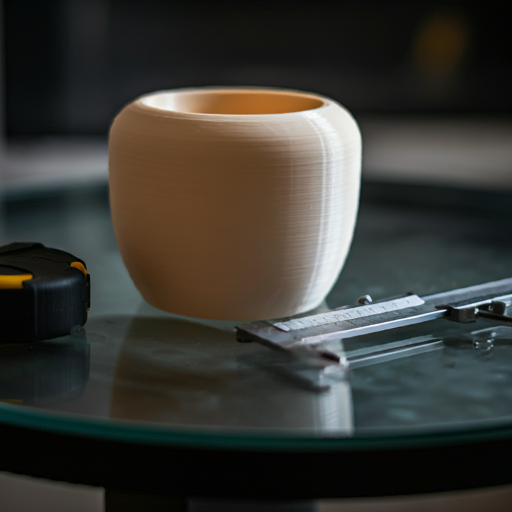
-
How it works
-
Industries
-
Services
-
Material
-
Company
-
Resources













 Industries
Industries
Explore TPU 95A, a flexible thermoplastic elastomer ideal for FDM 3D printing—known for its rubber-like elasticity, durability, and abrasion resistance, perfect for functional parts requiring flexibility.
TPU 95A is a flexible, rubber-like thermoplastic elastomer combining the properties of plastic and rubber. It offers excellent elasticity, high abrasion resistance, and good tensile strength. TPU 95A is shore hardness 95A, making it flexible yet durable, suitable for producing parts that require bending, stretching, and compressing without breaking. Its resilience and ability to withstand repeated stress make it ideal for applications such as gaskets, seals, protective cases, and wearable devices. TPU 95A is also resistant to oils, greases, and various chemicals, expanding its utility in industrial settings. While it is more challenging to print than rigid materials, advancements in FDM technology have made printing with TPU more accessible.





 FDM compatible
FDM compatible Flexible and Elastic
Flexible and Elastic High Abrasion Resistance
High Abrasion Resistance Good Impact Resistance
Good Impact Resistance Chemical Resistance
Chemical Resistance Difficult to Print
Difficult to Print Slower Print Speeds Required
Slower Print Speeds Required
 Stringing and Oozing Issues
Stringing and Oozing Issues
 Limited Detail Resolution
Limited Detail ResolutionKey TPU95A properties rated to guide you in selecting the best fit for your 3D printing needs.
TPU 95A is ideal for creating flexible parts that require durability and elasticity. Its rubber-like properties make it suitable for components that need to withstand bending, stretching, and compressing, serving various industries from automotive to consumer products.
 Gaskets and seals
Gaskets and seals Vibration dampening components
Vibration dampening components Protective covers
Protective covers Protective cases
Protective cases Wearable device bands
Wearable device bands Flexible connectors
Flexible connectors Prosthetics and orthotics
Prosthetics and orthotics Flexible tubing
Flexible tubing Grips and handles
Grips and handles Conveyor belts
Conveyor belts Flexible hoses
Flexible hoses Custom grommets
Custom grommets Functional Prototypes
Functional Prototypes Wearable Components
Wearable Components Grips and Handles
Grips and Handles Flexible Housings
Flexible HousingsCombines flexibility with good tensile strength and abrasion resistance, suitable for parts undergoing repeated motion and stress.
| Property | Value, metric |
|---|---|
| Tensile Strength | Approximately 26 MPa |
| Tensile Modulus | Approximately 12 MPa |
| Elongation at Break (%) | 500% |
| Flexural Strength | Not typically measured due to material flexibility |
| Flexural Modulus | Not applicable |
| Notched Izod Impact Strength | No break (high impact resistance) |
| Shore Hardness | Shore A 95 |
Printing with TPU 95A requires careful settings to manage its flexibility. It is recommended to use direct-drive extruders, slower print speeds, and adjusted retraction settings to minimize stringing and ensure consistent extrusion.
| Type | Value |
|---|---|
| Lead Time | 2-5 business days |
| Wall Thickness | Minimum 1.0 mm |
| Tolerance | ±0.20%, minimum ±0.2 mm |
| Max Part Size | Up to 450 x 450 x 450 mm |
| Layer Height | 0.1 mm to 0.3 mm |
Exhibits moderate heat resistance; maintains elasticity over a range of temperatures.
| Property | Value, metric |
|---|---|
| Heat Deflection Temperature (HDT) | Approximately 60°C at 0.455 MPa |
| Thermal Expansion Coefficient | Approximately 150 x 10^-6 /°C |
| Thermal Expansion (Scale 0-100) | 80 |
| Max Service Temperature | Up to 80°C before significant softening occur |
Acts as an electrical insulator with good dielectric properties.
| Property | Value, metric |
|---|---|
| ESD Safety | Standard TPU is not ESD safe; specialized grades are available. |
| Conductivity | Non-conductive; insulating material |